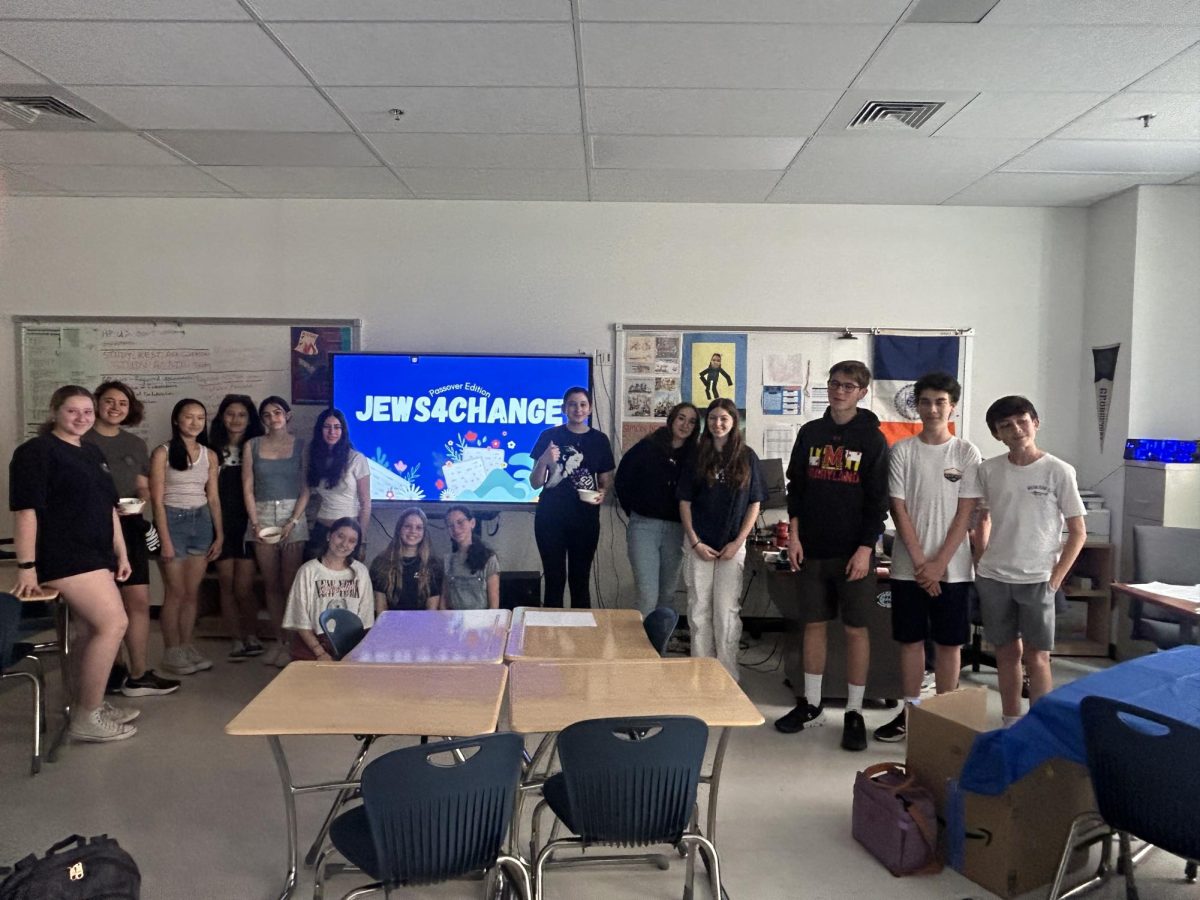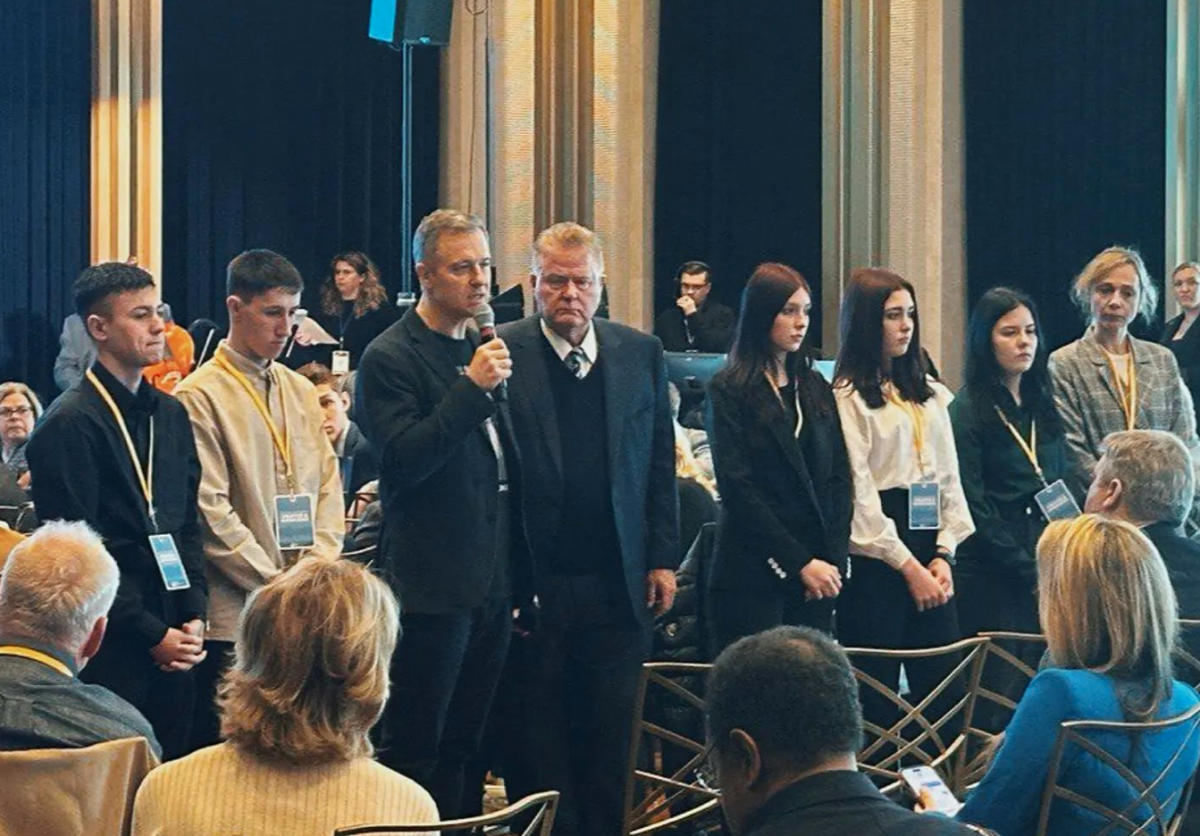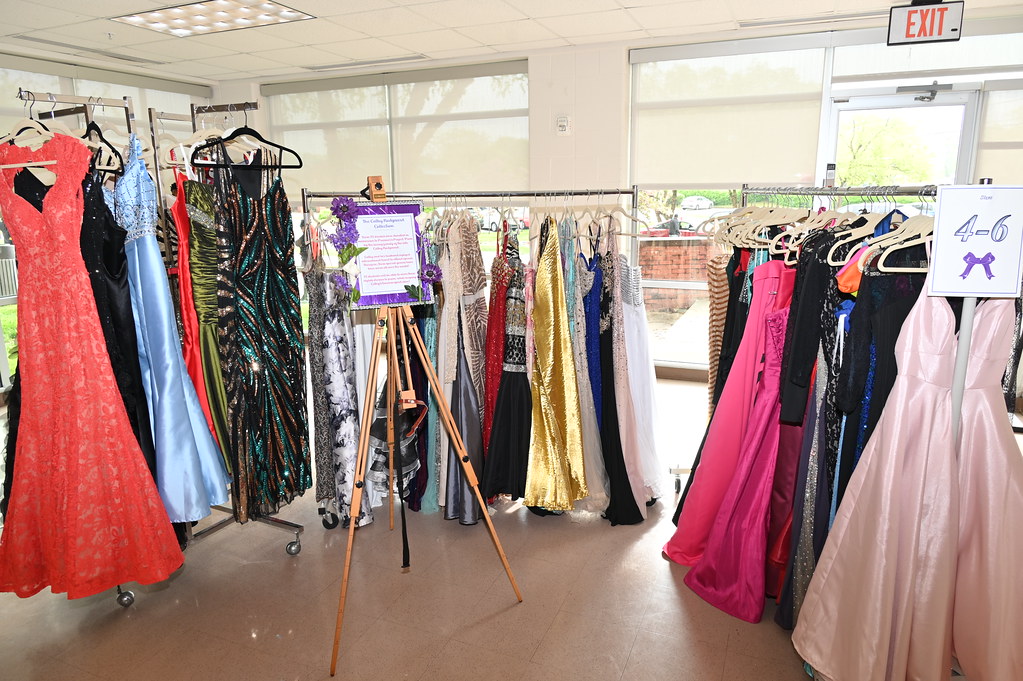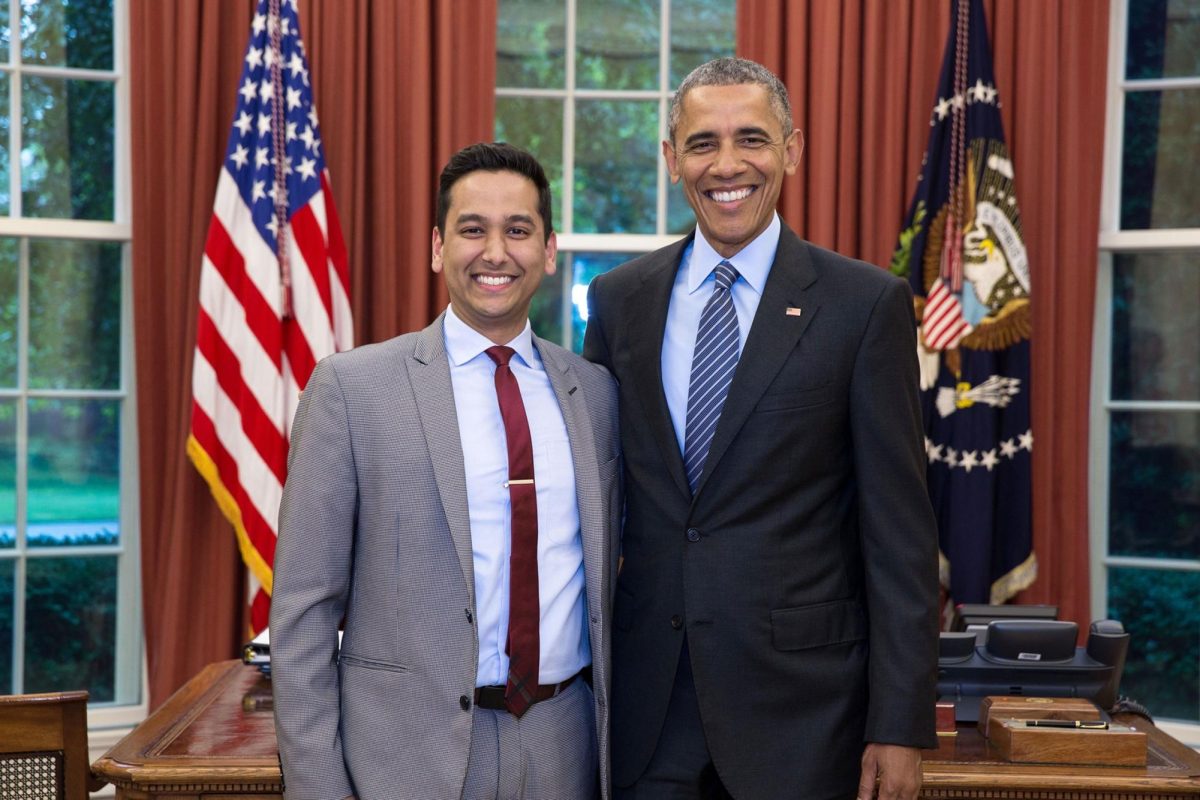The school welcomed two new assistant principals, Jerome Easton and Brandi Heckert, to the administrative team over the summer.Assistant principal Easton, formerly an administrator at Tilden Middle School, will take over for assistant principal Kathryn Carroll, while assistant principal Heckert, who was an administrator at Damascus High School, will assume former assistant principal Jennifer Webster’s role.
Webster was hired as Pyle’s principal, while Carroll will join Sherwood High School’s staff.
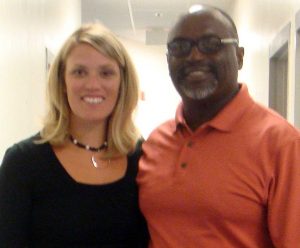
In the midst of back-to-school planning, Easton and Heckert took a moment with the Black & White Online to discuss their backgrounds and goals for the new school year.
Black & White: What have you learned from previous jobs that you will bring to Whitman?
Jerome Easton: The most important thing that I’ve learned from all my jobs is that students come first. Whether you’re a teacher, administrator, building service worker or cafeteria worker, the message that you need to send to all students is that they matter.
Brandi Heckert: You get to learn a lot from students, parents and staff. In terms of lessons, I have different responsibilities here than I did at Damascus, so I’m learning things as I go along. But I’m a people person, and I do things in the best interest for staff and students. I think that’s pretty common no matter what school you’re at.
B&W: What’s this school year’s most important issue?
JE: The budget. It’s not so much to labor on the budget problem; it’s more how we deal with the impact of the budget. It’s about taking a look at the impact, moving on and learning from it.
B&W: What’s your opinion on the new Loss of Credit policy, or lack thereof?
BE: I understand why they’ve dissolved the policy. Schools and teachers within schools handled the LC policy differently. Now, there’re a couple different ways to look at it. There’s still going to be excused and unexcused absences; it’s just that the accumulation of those absences don’t amount to anything. But, within the classroom, if you have an unlawful absence, you don’t have the opportunity to make up the work for credit. Hopefully, teachers make classes engaging and exciting so that students will want to be in their classes.
B&W: Why did you choose a career in education?
JE: One time, back in high school, a special education teacher had to step out of her classroom and she asked me if I would step in for her. I asked the kids what they were studying, and for whatever reason, it just seemed natural for me to start teaching the class on U.S. History. From that day on, I fell in love with teaching, with education, and here I am.
BH: I had some very inspirational high school math teachers, so I started out teaching math. Both my parents were also teachers, so I got into education that way, and the leadership part of it came as I assumed roles in different schools. I didn’t wake up and say I wanted to be in administration. I really wanted to make a difference with the kids.
B&W: What or who inspires you?
JE: One of my own personal missions is to wake up in the morning and say that I’m going to make a difference in someone’s life. That essence of serving others matters tons to me.
BH: I’d like to say it’s the little smiling faces of the cherubs of the school kids when you come into the building, but I think it’s more of a feeling that you have, knowing that you’re doing something for somebody else. I think that we don’t realize the impact that we have on other people, and the impact that they have on ourselves.
B&W: What do you like to do outside of school?
JE: I love to play golf. I like being outdoors and being among other guys and gals and just having a good time.
BH: My husband is a teacher and a coach, so I am involved in his life. I am a cheerleading coach at Montgomery College-Rockville. I have six nieces and nephews that I spend a lot of time with when I can. In terms of personal hobbies, my passion is shopping, clothes, shoes and home decorating. I grew up in a boating family, so we sail and I like to be on the water.
B&W: How are high school students now different than they were when you were young?
JE: Let’s start with computers, e-mail, iPhones, cell phones, the Internet. None of it existed when I was growing up. The most important thing is that kids today are so well exposed and highly informed; it’s just unimaginable if you were in my time. The problem with that is the lack of controlled access and the unknown. A lot of people, particularly kids, get taken advantage of on the Internet.
BH: First and foremost is technology. Not that I am terribly older, but in high school, a cell phone was something my mom made me carry in my car in case of emergencies. It came in this big suitcase with all kinds of long cords and it was embarrassing to have.



